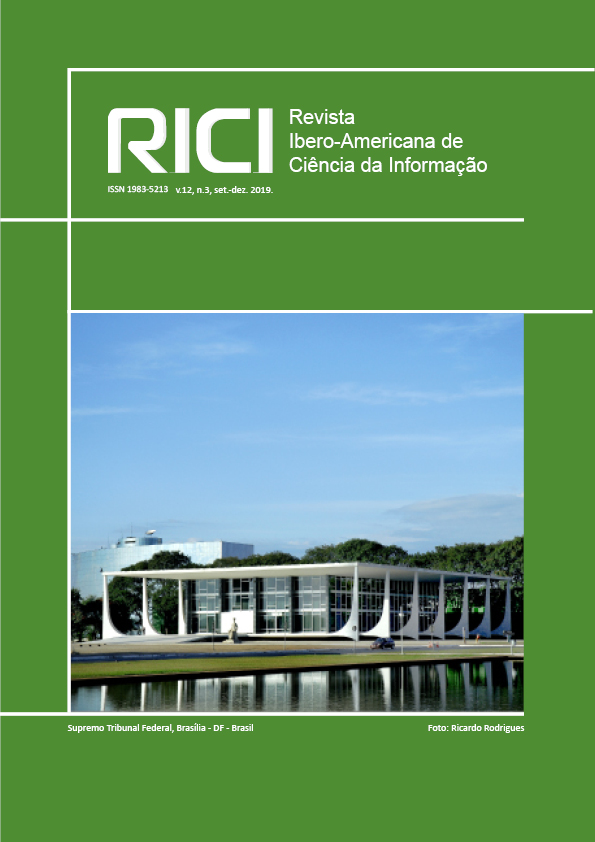Open Access: An attempt to break paradigm
DOI:
https://doi.org/10.26512/rici.v12.n3.2019.22100Keywords:
open access. collective action. scientific article. Publishing house.Abstract
This paper aims to show a historical and behavioral panorama of the scientific publishing market agents. Through theoretical references of Commons and Anticommons Tragedies, as well as Collective Action, this work analyzes the two niches that divides the studied market: system of restricted repositories and the system of open digital repositories. The traditional method of publishing content consists in a for-profit system, directed by commercial publishers which acquire revenues through the access fee of published articles. Due to budgetary constraint of many fostering researches institutions, as well as the ideology of democratization of information, there was a parallel movement of scientific publication focusing on free access to published content. The conflict between this two niches, characterizes the scientific publishing complexity, while it divides opinions and decisions of researches from academic communities around the world. This paper concludes that open access as a competitor system against the commercial publishing market, although it has considerable progress, it still does not enough strength to broke with the current paradigm.
Downloads
Downloads
Published
How to Cite
Issue
Section
License
Copyright Notice
Authors who publish in this journal agree to the following terms:
- Authors retain copyright and grant the journal right of first publication with the work simultaneously licensed under the Creative Commons Attribution License 4.0, allowing the sharing of work and recognition of the work of authorship and initial publication in this journal.
- Authors are able to take on additional contracts separately, non-exclusive distribution of the version of the paper published in this journal (ex.: distribute to an institutional repository or publish as a book), with an acknowledgment of its initial publication in this journal.
- Authors are permitted and encouraged to distribute their work online (eg.: in institutional repositories or on their website) at any point before or during the editorial process, as it can lead to productive exchanges, as well as increase the impact and citation the published work.
















